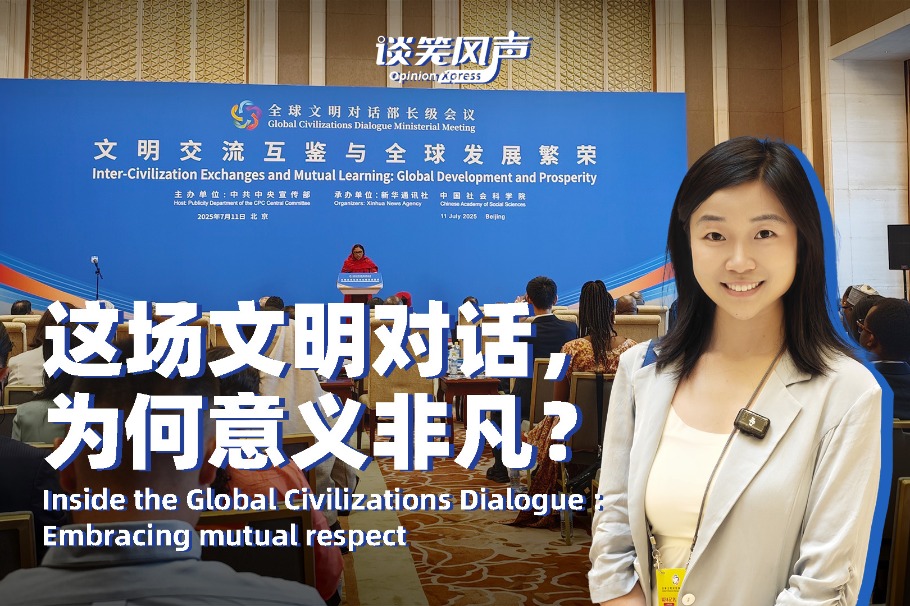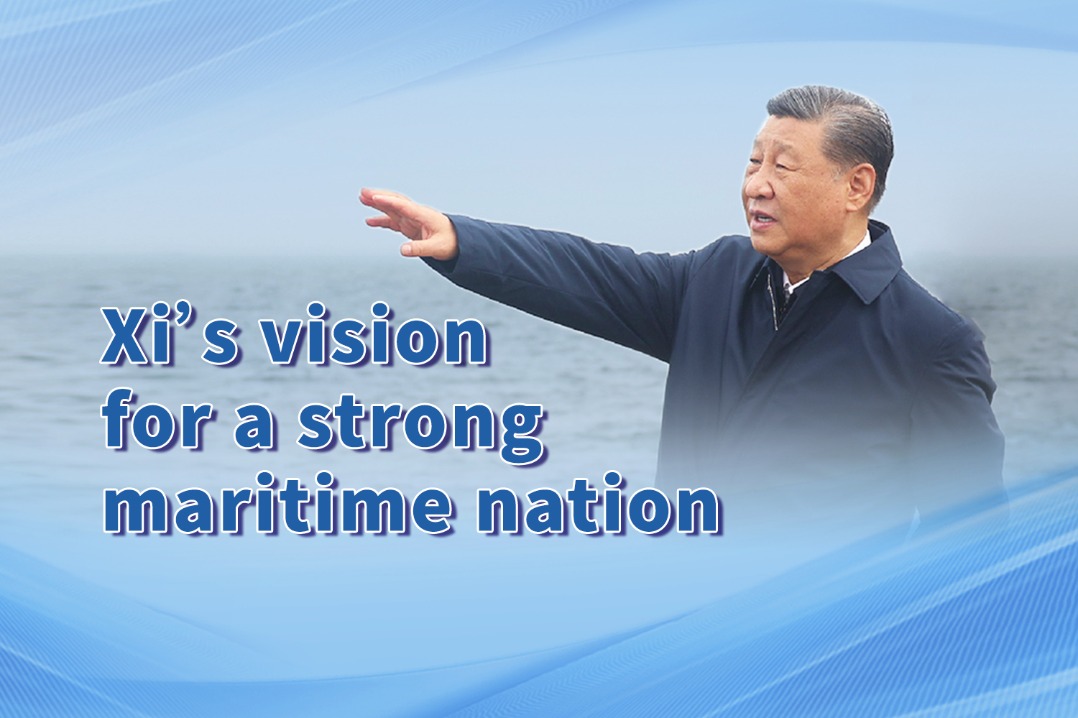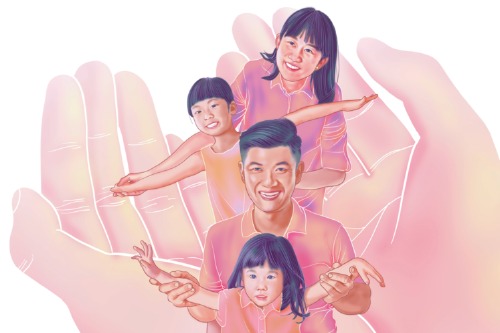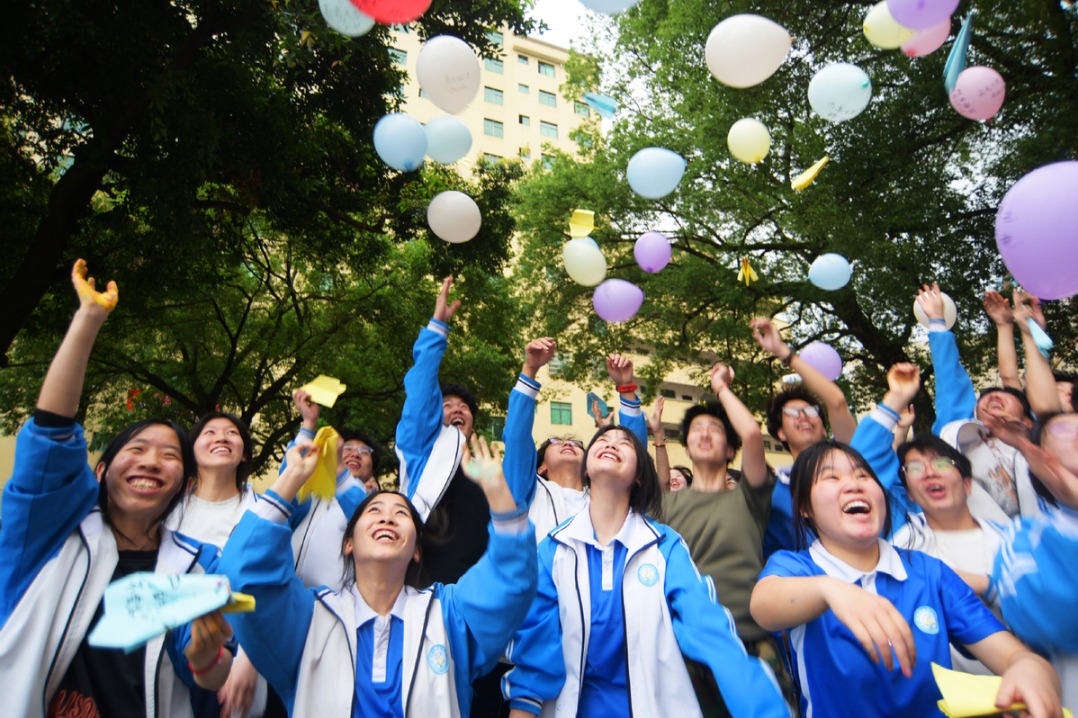For a world in fine fettle

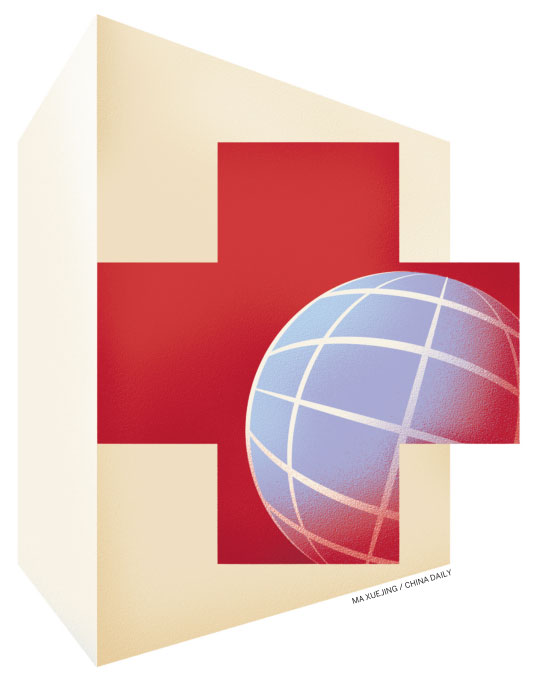
China needs to develop a clear road map of how to realize its vision of community of health for all
China has long been committed to improving the medical and health conditions in other developing countries by building hospitals, medical and health centers and malaria prevention and treatment centers, as well as providing pharmaceutical drugs and medical supplies. Since its first medical team was sent to Algeria in 1963, China has dispatched more than 20,000 medical practitioners to over 70 developing countries. China has also launched initiatives such as the "Brightness Journey", "Love Journey" and "Smile Journey" to help developing countries diagnose and treat patients suffering from eye diseases, congenital heart disease and other health problems.
During the COVID-19 pandemic, China has provided aid and assistance to more than 150 countries and international organizations based on the severity of the outbreaks, their medical and supply capabilities, and their actual needs. This has included offering medical materials and equipment, dispatching 35 medical expert teams to 33 countries, accelerating the construction of public health infrastructure such as the Africa Centers for Disease Control headquarters, and supporting multilateral mechanisms and organizations in the fight against the pandemic.
But despite such impressive efforts, China's participation in global health governance faces external and internal challenges. Externally, China's global outreach efforts have been defamed, especially during the pandemic. The Trump administration not only reduced the cooperation between China and the United States in healthcare, but also exerted strong pressure on various international organizations and countries not to collaborate with China. For example, the World Health Organization was accused of being "China-centric" and China's assistance in building the Africa CDC headquarters was portrayed as a means "to steal the genomic data from the African people". Some countries and media have also politicized China's aid during the pandemic as "mask diplomacy" or "vaccine diplomacy". Such mistrust has undermined the cooperative atmosphere that is strongly needed to fight against the pandemic.
China needs to boost its global health capacity. China has proposed concepts and initiatives such as building a global community of health for all and Health Silk Road, which are of great significance to strengthen global health governance, protect global health security, and promote global health equity. Nevertheless, there is no clear pathway or road map to fulfill these visions.
China also suffers a severe shortage of global health professionals. China is severely underrepresented in work posts in the WHO and other health-related organizations, especially at the management level. There are few Chinese health professionals with global field experience and there are limited career paths or incentives for global health work. Chinese medical aid practitioners are often constrained by their lack of foreign language skills and poor knowledge of other countries' health systems. The participation of Chinese nongovernmental actors in global health activities is also limited, and China has had little participation in global health rule-making and international communication and advocacy.
To demonstrate China's role as a responsible major power and provider of public goods for health to the global community, China can make efforts in the following areas.
First, China needs to formulate a global health strategy compatible with its development level and capacity. The strategy should specify China's goals, principles, pathways and concrete steps toward global health governance, and identify areas where China has advantages. More importantly, the strategy should establish a working group led by national-level leaders to clarify responsibilities, improve coordination and avoid inefficiency and fragmentation among different ministries and agencies.
Second, China needs to make full use of multilateral organizations and mechanisms. In cooperating with multilateral agencies, China can conduct stakeholder analysis and adopt differentiated policies and modalities based on its own policy objectives and agendas. China can also conduct comprehensive and regular evaluation of its multilateral health aid and timely adjust its aid strategy. While cooperating at the project level, China can strengthen policy dialogue and strategy alignment with multilateral agencies. China can work closely with global health organizations such as the WHO to make full use of their global networks and jointly research health needs of different countries and regions.
Third, China needs a comprehensive plan to foster and nurture global health professionals. Such people should not only possess professional expertise in healthcare, but also be familiar with international rules and the operations of international organizations. Colleges should offer courses and training in both global health and foreign affairs. The Chinese government should also make institutional arrangements and set programs to encourage and support strong candidates to participate in exchanges or compete for positions in multilateral organizations.
Fourth, China needs to diversify its actors in global health governance. Different participants such as local governments, corporations, and non-profit organizations should be encouraged to increase their global health engagement. Diversified Chinese actors with different advantages in global health governance are likely to increase the trust and recognition of the international society. In addition to funding support, the Chinese government should offer more platforms and opportunities so that government agencies, research institutes, pharmaceutical companies, philanthropic foundations and non-government organizations can share information and collaborate.
Last but not least, China needs a better approach to international communication. Specifically, China can regularly host a global health cooperation forum to strengthen policy dialogues with different entities and explain China's vision and actions. China can also support its think tanks to conduct research on the contexts and health development needs of developing countries so that more targeted aid can be provided.
Zhou Taidong is director of the division of general affairs at the China Center for International Knowledge on Development. Ma Tianyue is an associate researcher with the division. The authors contributed this article to China Watch, a think tank powered by China Daily. The views do not necessarily reflect those of China Daily.




















